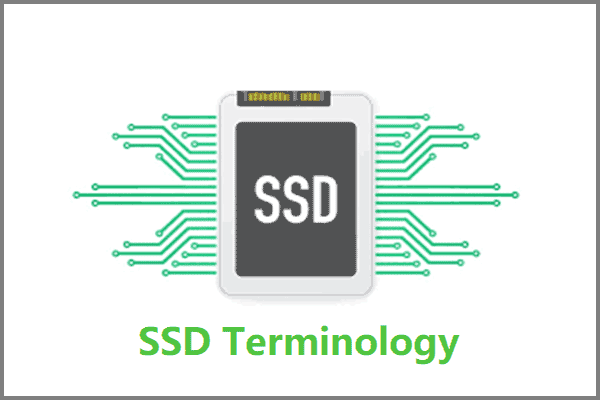Everspin has announced that Sage Microelectronics is working on a new enterprise SSD controller that supports Everspin's latest 1Gb magnetoresistive memory (MRAM) chips. With MiniTool Partition Wizard, you can get more information about SSD.
Sage Microelectronics Introduces Enterprise SSD Controller Supporting STT-MRAM
SSD is gaining popularity nowadays since it offers more outstanding performance than HDD and its price keeps falling. And the technology of SSD is more and more mature.
According to Everspin , Sage Microelectronics is introducing a new enterprise SSD controller that supports Everspin’s 1GB spin torque transfer MRAM (STT-MRAM), which will play a role of a write buffer to enable SSD with better performance.
It takes the idea that using DRAM, MRAM and NAND flash together in a solid state drive. That’s not a new way. Last year, IBM and Everspin announced 19TB NVMe SSD with MRAM write cache. And at Flash Memory Summit 2017, Seagate brought prototypes based around Marvell controllers.
A similar partnership between Everspin and Phison was announced last month.
This introduction to enterprise SSD controller supporting STT-MRAM receives wide attention from SSD users. A Netizen expresses that “I know that MRAM technology is still in its early development, but I am really, really looking forward that at least 64Gbit Spin Orbit Torque (SOT) MRAM chip (8GB) will be mass produced to replace L1 / L2 / L 3 SRAM cache and probably DRAM”, which gives it a not bad feedback.
Advantages of STT-MRAM
Everspin’s toggle MRAM has a strong record for reliability and it becomes a non-volatile memory option for embedded and industrial applications. But it has a great limitation in capacity which only up to 16MB (so far).
Therefore, Everspin launches STT-MRAM chips. This new technology will provide better I/O performance for their hard drives, which will enable better latency determinism and therefore improve Quality of Service (QoS).
In addition, power loss protection without usage of supercapacitors can be realized. Since STT-MRAM is nonvolatile, drives that use it instead of traditional DRAM buffers will not need a sophisticated power loss protection enabled by supercapacitors, which is the most compelling usage for SSDs.
Compared to a bank of supercapacitors, MRAM can achieve more cost reduction. Besides, Everspin and its partners introduce another benefit of MRAM: It is much easier to put MRAM into a tiny SSD, which is able to prolong service life of large capacitors that sometimes fail before an SSD’s NAND flash write endurance is exhausted.
STT-MRAM with 1GB capacityis in production now and Everspin is still working on larger one, which is worth looking forward to.
Capacity of MRAM is not large enough to replace DRAM buffers in high-performance SSDs totally, but it is inherently non-volatile for the 1Gb capacity to make for a decent write cache. Since MRAM gets performance similar to DRAM, it can be used to save FTL updates and newly written data of users, which is in accordance with the strict performance consistency requirements of enterprise SSDs at the same time.
What’s more, with available Double Data Rate (DDR) memory controller IP that supports DRAM and Everspin’s STT-MRAM, support for MRAM can be easily added to products by designers of SSD controllers and other ASICs (Application Specific Integrated Circuits) to benefit from 1GB or more of high-speed non-volatile memory.
Apparently, if they can reduce cost and continue to add capacities, it will be a great chance for Everspin.


User Comments :